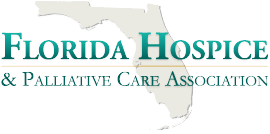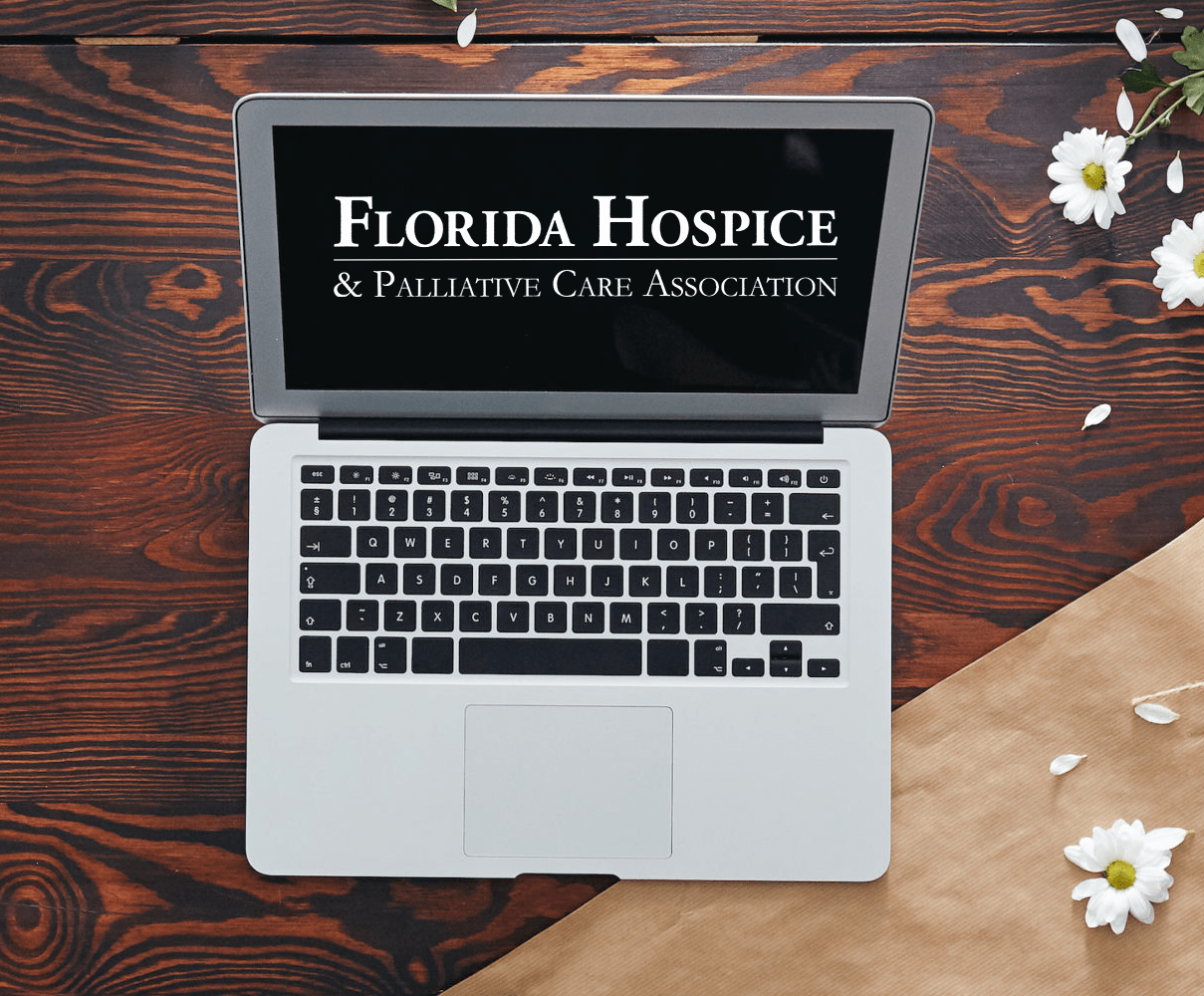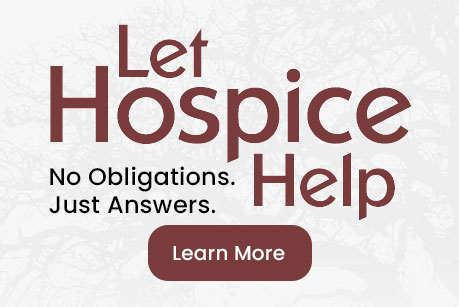Hospice Care: What Should We Expect?
By: Tiffany Campion, Director of Communications, Covenant Hospice
It has been said that human beings are the only living beings that have knowledge of and can anticipate their own death. Even if that is true, most of us just don’t like to think about our own mortality. We are too busy living a full life, raising our families, earning a living and doing so many other things that contribute to our quality of life.
For some, death comes unexpectedly and swiftly by auto accidents, trauma, and sudden medical conditions such as strokes or heart attacks. However, for the remainder, a slowly progressive medical condition or disease process can give us the unique perspective to anticipate and plan for our death.
Most people do plan for death in one way or another. We purchase life insurance, prepare wills, and often invest in funeral plots and pre-planning. Hospice care could be, and for many people should be, one of the elements of that plan. However, there are many uncomfortable questions and preconceived ideas about hospice and pain management that hinder the ability to move forward with hospice planning. Education about the individual roles of hospice team members and the wide variety of pain management techniques available is one of the best ways to dispel fear when discussing care. Our chaplains are compassionate listeners who get to know the patient for their human value and help them on their individual spiritual journey, regardless of the denomination they identify with. Hospice doctors and nurses assess and evaluate symptoms and improve comfort for the patient so that suffering is diminished and quality of life is enhanced. Social workers, hospice aides, and volunteers all look for ways to elevate the patient and share a common goal of helping patient wishes to become reality.
We know expectations of a sad, gloomy, depressing experience are mistaken and hospice really provides a compassionate, positive, uplifting care experience that adds quality to days when days can’t be added to life. Many hospice organizations, including Covenant Hospice, use a journaling tool to help patients complete a life review. It is important for both the family and the patient to share who they are, what they have done, what they believe in, the strength they have brought to their family, to their church, and to their community. Unfortunately, financial concerns also frequently deter family members from making informed decisions about hospice care. It is important to understand that many non-profit hospice organizations like ours provide care based on need and not financial ability. This offers us the opportunity to bring quality of life and kindhearted care to the patient regardless of their ability to pay.
We have found that families who are not well-informed about hospice often reject it thinking that it would become a great, sad burden on them emotionally and financially. On the contrary, families who have been through the hospice experience seek it out continuously and benefit significantly from bereavement programs that are offered after the patient is gone. The educated and knowledgeable family knows that the focus of care is not the patient’s death, but rather their life.

Covenant Hospice is a not-for-profit organization dedicated to providing comprehensive, compassionate services to patients and their loved ones during times of life-limiting illnesses.




